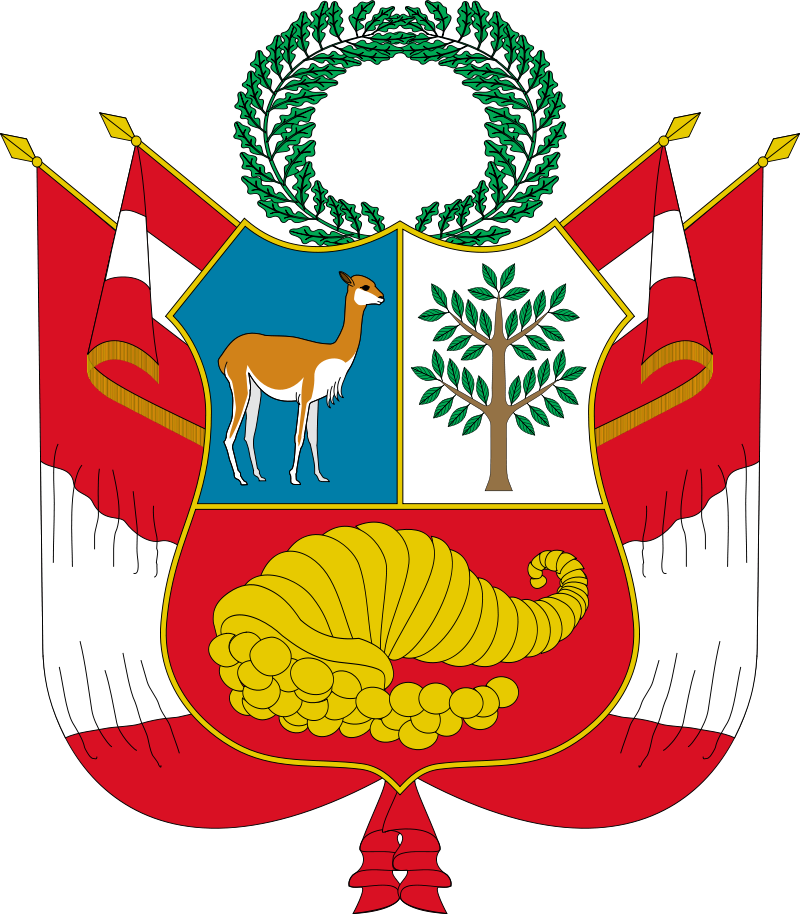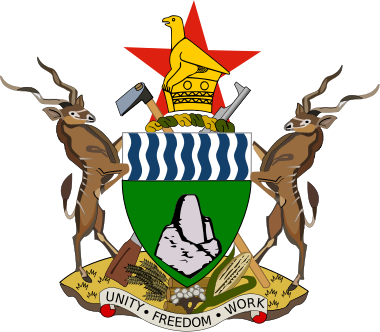Focal point
Location
The Food and Agriculture Organization of the United Nations leads international efforts to defeat hunger. Serving both developed and developing countries, FAO acts as a neutral forum where all nations meet as equals to negotiate agreements and debate policy. FAO is also a source of knowledge and information. We help developing countries and countries in transition modernize and improve agriculture, forestry and fisheries practices and ensure good nutrition for all. Since our founding in 1945, we have focused special attention on developing rural areas, home to 70 percent of the world's poor and hungry people.
Members:
Resources
Displaying 4196 - 4200 of 5073LEY GENERAL DE EXPROPIACIONES
General Law of Expropriations (Repealed)
Woodfuel Production and Marketing in Myanmar - National Workshop RWEDP Report No.56, 2001
Despite the all-out efforts currently being made by the Myanmar Government to conserve and improve its forest resources, forest degradation and depletion are continuing at an alarming rate, mainly due to shifting cultivation, agricultural encroachment and illicit cutting. The heavy reliance on woodfuel has eroded its supply source in numerous areas and it is clear that unless urgent remedial measures are undertaken the more accessible forests will soon be exhausted and remote areas will have to be exploited instead, involving rising market prices.
Rural women’s access to land in Latin America
Paper addresses the following concerns:rural women have limited access to and control of landmost agrarian reforms and legislation that directly or indirectly regulate access to land discriminate against womenthe establishment of legal frameworks with a gender perspective and the elimination of cultural and institutional factors that prevent the recognition of women as producers are essential to safeguard rural women’s access to land.Merely introducing principles of equality into constitutions and in certain norms is not sufficient.
Linkages between rural population ageing, intergenerational transfers of land and agricultural production: are they important?
The paper considers: the question of whether the process of population ageing affects the ways in which land is passed on between members of different generationsthe likely implications of ageing-related changes in intergenerational transfers for food production in developing countriesThe paper concentrates primarily on rural population ageing in contexts where the individual ownership of land or natural resources is a predominant socio-economic phenomenon, although it also considers communal ownership situations.The authors conclude that: the need to conceptualize the elderly as a neces
Land Acquisition (Disposal of Rural Land) Regulations
Land Acquisition (Disposal of Rural Land) Regulations










